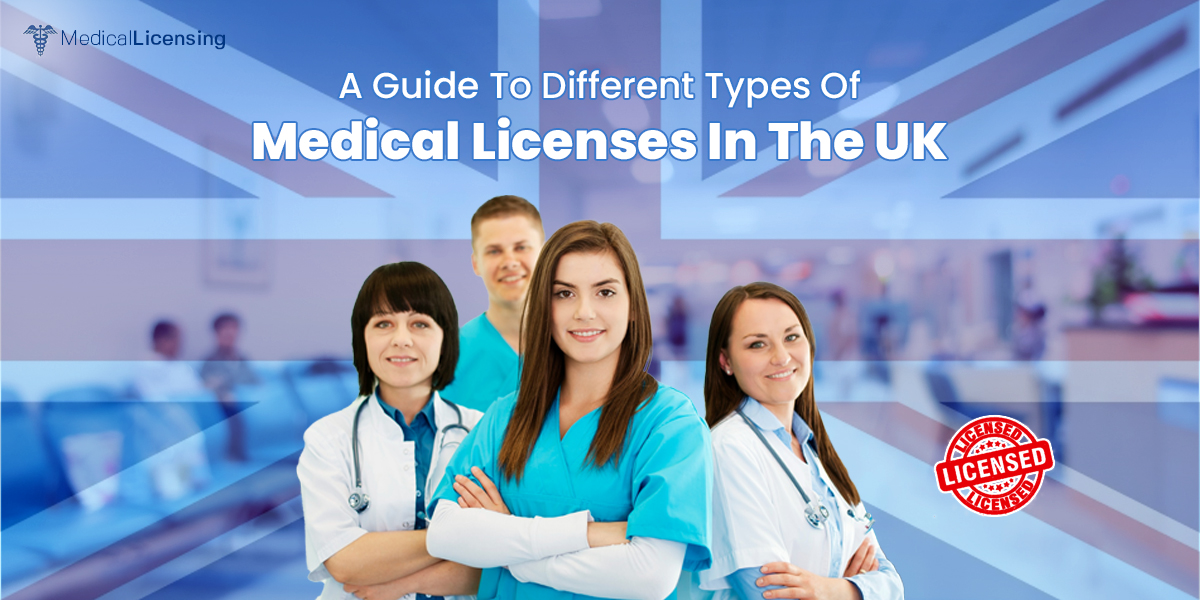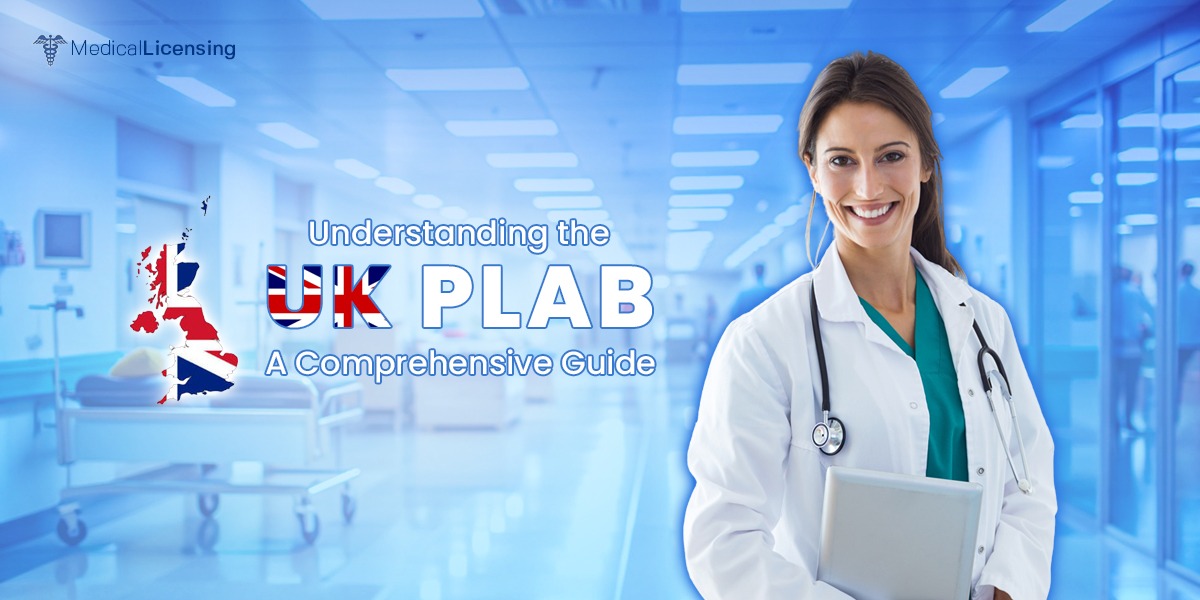The UK healthcare system is built on a strong foundation that strictly ensures patient safety and high-quality care.
The UK healthcare system is built on a strong foundation that strictly ensures patient safety and high-quality care. The concept of medical licensing is the center of this foundation, which decides who is authorised to practice medicine and prescribe medications, as well as the specific types of drugs.
Awareness of these licenses is crucial for ensuring that medical professionals are appropriately qualified to prescribe medicine, including non-prescription drugs and medical prescriptions.
Let’s dive into different types of General Medical Council (GMC) Registration in the UK.
General Medical Council (GMC) Registration
The General Medical Council (GMC) is a regulatory body in the UK for doctors. Every doctor who wants to practice medicine legally in the UK must be registered with the GMC. The registration process is designed as per different levels of qualification and experience.
Provisional registration
Provisional registration is granted to medical graduates who have completed their degree and are entering their first year of the Foundation Programme (FY1). Doctors having provisional registration can prescribe medicine only under supervision but are bound in their capacity to independently manage patients and prescribe prescription medicine.
Full registration
Once the Foundation Year 1 is complete, doctors can apply for full registration. Full registration authorises doctors to practice unsupervised in the National Health Services (NHS) or private practice. They can now issue medical prescriptions, including medications like antibiotics and antidepressants.
Specialist Registration
Doctors who wish to work as consultants in the NHS must be on the Specialist Register. This requires completing a specialist training program approved by the GMC. Specialists have the right to prescribe a broad range of prescription-only drugs and pharmaceutical prescriptions, essential for treating complicated conditions.
General Practitioners (GP) Registration
General Practitioners play an important role in primary care, providing patients with the first point of contact. GPs need to be on the GP Register. This registration is necessary for doctors who intend to work as GPs in the NHS. They are authorized to issue prescriptions for a wide range of conditions, including depression medication prescriptions, prescription pain medication, and prescriptions for sore throats and diarrhea.
Licensing for Overseas Doctors
Doctors who have qualified outside the UK and wish to practice in the UK must obtain GMC registration. Depending on their qualifications and experience, they may need to pass the Professional and Linguistic Assessments Board (PLAB) test. Overseas doctors can then apply for the appropriate registration, enabling them to prescribe drugs with a prescription and provide anticipatory medication for conditions like chronic pain.
Non-Medical Prescribers
Other than doctors certain other healthcare professionals can obtain the rights to prescribe. These include:
Independent prescribers
Nurses, pharmacists, physiotherapists, and other allied health professionals can become independent prescribers after completing additional training. Independent prescribers can issue a drug prescription for a range of conditions, similar to doctors. This includes prescribing medications used for depression, headache medicine prescriptions, and prescriptions for diarrhea.
Supplementary prescribers
Supplementary prescribers like diagnostic Radiographers and dieticians work in partnership with a doctor to manage a patient's care plan. They can prescribe medication within the framework of a patient-specific clinical management plan agreed upon with a doctor.
Let’s look at 2 types of medicines in the UK i.e. prescription medicine and non-prescription medicines(drugs)
Prescription Medicine
Prescription medicines are drugs that can only be received with a medical prescription from a licensed healthcare professional, such as a doctor, nurse, or pharmacist. These medications are regulated to ensure their safe and effective use, and they are consumed to treat a variety of conditions, ranging from infections requiring antibiotics to chronic illnesses.
Non-prescription medicine
Non-prescription medicine known as over-the-counter (OTC) medicine, refers to drugs that can be bought without a medical prescription. These medications are usually consumed to treat minor health issues such as colds, headaches, and indigestion. They are regulated for safety and effectiveness and are available for purchase in pharmacies, supermarkets, and other retail outlets.
Key considerations when prescribing:
Anticipatory medication refers to medications prescribed in anticipation of a future medical need. Only doctors can prescribe these medications.
· The drugs that a medical professional is authorized to prescribe depend on the kind of license they possess.
· A prescription choice must take into consideration the patient's medical history and individual demands.
Knowing these differences can help you better comprehend the UK medical practice landscape, whether you're a patient looking for clarification on who can prescribe your prescription or a medical practitioner navigating your career.




